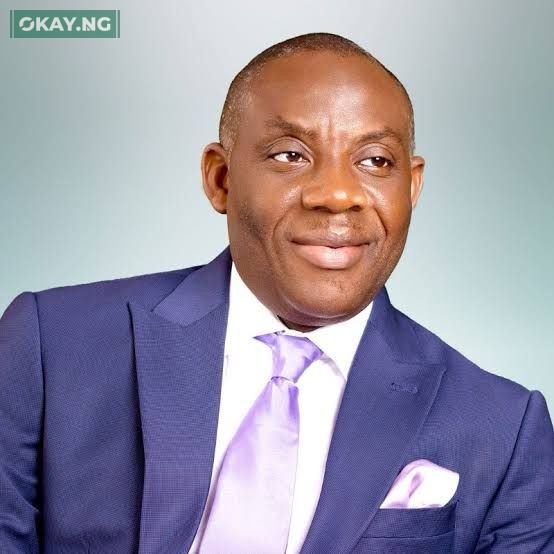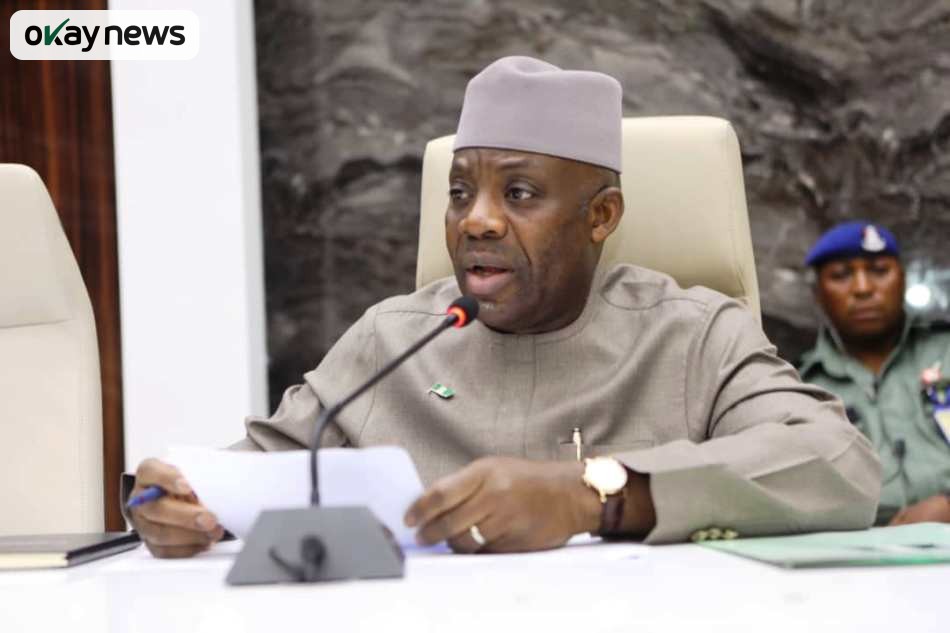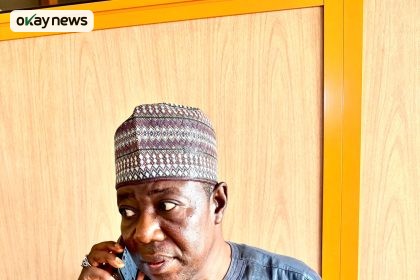Nigeria’s Minister of Education, Dr. Maruf Tunji Alausa, has challenged the nation’s universities to significantly increase their admission capacity, addressing the substantial gap between applicants and accepted students.
The minister made this appeal during a recent meeting in Abuja with vice chancellors from universities across Nigeria. As part of a broader reform initiative, Dr. Alausa has mandated that all universities adopt hybrid learning models by 2025. He also urged institutions to prioritize specialized education programs to bridge the growing skills gap in the national workforce.
The minister highlighted the stark reality of university admissions: approximately two million candidates apply annually through the Joint Admissions and Matriculation Board (JAMB) for tertiary education, yet only about 330,000 secure placements, resulting in an admission rate of just 22-25%.
“This leaves a vast number of applicants, roughly 75%, without access to higher education each year,” Dr. Alausa emphasized. “The government has invested heavily in university infrastructure nationwide, and we should not limit admissions based solely on on-campus accommodation availability.
“Universities should explore partnerships with private builders to provide off-campus housing within a reasonable distance,” he suggested.
Dr. Alausa stressed the necessity for universities to embrace contemporary technologies, particularly hybrid learning, to address the admission shortfall. He announced that all universities must implement the Anthology Blackboard platform by the end of the year.
“Adopting modern technology is crucial,” he stated. “We have asked TETFund to facilitate the implementation of Anthology Blackboard, a leading technology that will support hybrid classes. Training will be provided to ensure seamless adoption.”
He specifically pointed to the benefits for universities in regions affected by security challenges. “Hybrid learning can enable students to continue their education remotely, even when physical attendance is difficult,” he noted. “This is the direction of modern education, and we cannot afford to maintain the status quo. These reforms must be implemented.”







